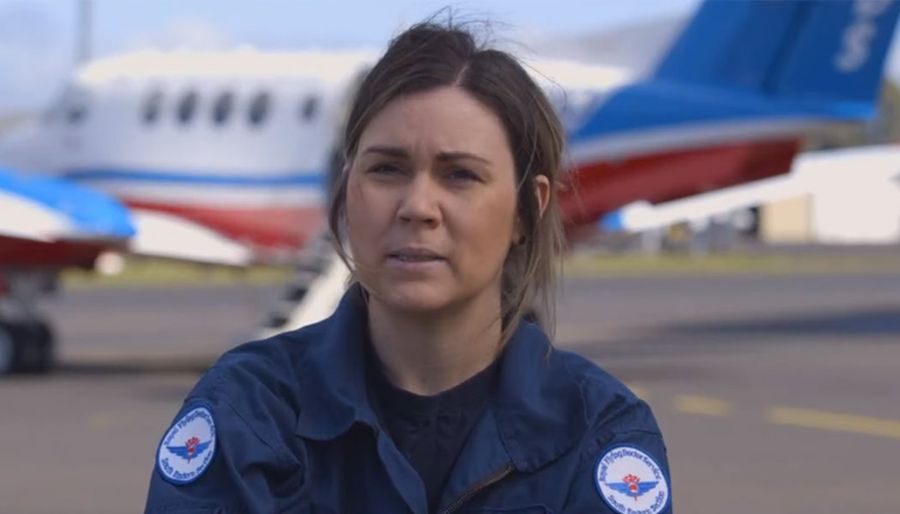
For 94 years the Flying Doctor has been helping people in some of the most remote communities across Australia.
While the organisation and the services provided have expanded greatly during that time, emergency retrievals remain at the heart of what the Flying Doctor is about.
For people who find themselves in life threatening situations, either by accident or medical emergency in the outback, there is one organisation they know will be there to help them.
For the doctors who are ready to respond 24 hours a day, seven days a week, being the ones who help people during their time of greatest need isn’t something they take lightly.
Knowing their actions and their decisions can be the difference between life and death for a patient is a testing, rewarding experience. Retrieval Registrar Dr Khyarne Biles has been with the organisation for more than two years and said the working locations and situations are unique.

“You might be flying onto a dirt strip in the middle of nowhere with absolutely no reception and you know you’ve been tasked to a car accident and your initial phone call was one patient and when you get there there’s three. This job really forces you to think about how you want to apply medicine safely and quickly to save people’s lives,” Dr Biles said.
“This job is like no other. I’ve done a number of different jobs in a number of different environments and by far this job has tested me in ways I never thought I could be tested. All round, honestly, it’s one of the best jobs I’ve ever done.”
English Doctor Jack Lewis joined the RFDS in August 2021, one of the overseas doctors who was lured to the Flying Doctor by the unique medical experience, the high-quality medical training and the chance to live in regional Australia.
“I moved here with my family and my two boys and we’ve been really well supported. People make a genuine effort to make you feel welcome and included and that’s a massive part of the organisation for me. How supportive and friendly it is outside of the clinical work,” Dr Lewis said.
From the minute he arrived and started the preparedness training, he realised just how intense the job could be.
“Knowing their actions and their decisions can be the difference between life and death for a patient is a testing, rewarding experience,” Dr Lewis said.
“To fly in to assist a critically unwell patient and be the only person in the vicinity who can look after them is quite confronting. In the hospital system you don’t appreciate that you have unlimited resources and people on call. You’re making your own decisions here and doing your own interventions. You are well supported but the satisfaction of doing that on your own is really fulfilling.”

